#94 7 Tips for Collaborating with Other Creatives
As we begin to see subtle returns to normality appear on the horizon, you may be craving companionship within your creative practice. Collaboration is valuable, it can broaden and enhance your artistry. Things may remain uncertain for a while, however collaboration needn’t take place in person. Here are some ideas that can get you started, whether you’re a first timer, or an old hand that needs a boost; these things can be done in person or virtually.
Get clued up, do your research.
Before contacting other creatives, make sure you know who you are talking to. Look into their background, current and previous work, spend time aligning with their ‘sound world’, and try to assess whether or not you have something to offer. When complimenting another creative’s work, give specific details; this will demonstrate the depth of your appreciation for their work.
Go on a ‘date’.
Collaborations, like many things, are difficult to get right the first time. Music can be very sacred, and sharing your passion or ideas with someone new is a vulnerable thing. Consider any time you have started dating someone new, it takes a minute to work out each other’s energies and rhythm; to figure out if the chemistry is right. The same applies within a musical context, so don’t feel offended if it doesn’t work, it’s nothing personal. You may both have great ideas but they may not compliment each other, and that is fine! If you are unable to meet in person or want to make it more informal, consider a video chat first!
Keep it professional. Respect other people’s time.
Work within the music industry can seem much more casual than say, working at a firm in an office. This does not mean it should be taken lightly, however. Keeping to timeframes and turning up on time are VERY important; don’t mess people around. The music industry is tough, and as a result a lot of the people within it work extra hard, slotting their practice in and around side jobs that pay the bills. If you have a session booked, turn up. Simple as that. Try your best to refrain from last minute cancellations or rescheduling.
Find yourself an Artist.
If you’re a producer and you’re looking to branch out and strengthen your work, seek out artists for a collaboration. A foreword of warning though, never, I repeat, NEVER start with “I see what you are trying to create, but I could do it better” - or any line suggestive of this; you are inviting yourself into their space and therefore need to be respectful of their current work. If you feel you have something to offer, then you will have time to discuss this, but not before you firstly express what you love about the artist’s work.
Get in touch with a producer.
…and this works both ways. As an artist, if you are learning to produce or it is simply not your area of expertise, what better time to reach out to like-minded producers. If you opt for this route, make sure you share responsibility. You may both have your points of strength, but it is still important to balance the workload. Remember that your producer is not a mind reader. If you are working on a collaborative piece try ‘mind mapping’, creating a mood board or make a playlist of shared inspiration; try to get as much as you can out of the experience. If your production knowledge is not up to scratch, there are other ways to communicate ideas, but it is worth learning the basics so you can talk each other’s language. You may both have different ‘roles’, but a collaboration is about blending those in partnership.
A side note to both artists and producers: don’t take advantage. Your partner (unless previously discussed) should not be expected to work for free; they are also not there to do you ‘favours’. You may be working together, but that shouldn’t encourage you to take liberties and have them work for free on your personal project.
Don’t hold back - share your ideas, big or small.
If you are new to this kind of working environment then you may experience ‘imposter syndrome’; even those who are well practiced will still feel this at times. Try to remember that you are just as valuable as anyone else in the room, and you may not be the only one feeling this way. It is easier said than done to ‘just be brave’, and although challenging your comfort zone and limits will do wonders for your confidence, there are small steps you can take to begin.
- Come to the session with some rough ideas, so that if you find that things are proving to be ‘dry’ on the ideas front, you have something to reference.
- Pick a brief from which to work. Discuss this before meeting your collaborator so that you have time to let it expand in your head.
- Share each other’s muses and spend some time getting to know them; this will help you to relax and before you know it, you will be on the same wavelength.
Remember that the more you do this, the easier it will get.
Use Apps to find other creatives.
It can be challenging to know where to begin when finding someone to work with, but the rise of technology means that this is easier than ever (if you know the correct places to look).
A great place to begin is using music apps. Some examples of this are: BandLab, Trackd, Vampr, Soundstorming… the list goes on. These Apps connect fellow musicians and allow you to set up a musician’s profile (think Tinder but for music and nicer). This will allow you to ‘dip your feet in’ and get a feel for who to work with.
There is no set formula for creating good chemistry, so try to find your own rhythm (pardon the pun) when conducting a new working relationship. Remember to stay respectful, have fun, and if you need any more tips and tricks, email us: info@laidbarerecords.com



